Commentary
DPS employee associations are pushing for budget cuts that don’t touch negotiated teacher pay raises. That’s a tough case to make, given the $61 million in cuts that are looming.
Two school leaders who served on the Reimagine SPF committee for Denver Public Schools offer a counterpoint to a recent column that was critical of some of the committee’s recommendations
I implore you to watch the first 15 minutes of last night’s school board meeting, and to hear the words of the board’s two African American directors.
In the wake of the murder of George Floyd — say his name — if the response is business as usual: More excuse making. More complaints and resistance. More scapegoating of COVID-19, then the bold action that we must take is EXODUS.
Note: This post has been updated with more detail about when the threshold for school board approval for purchases was raised to $1 million. It also puts into perspective how far below past limits the current proposal to lower the threshold to $100,000 would be.
Are CEA and DCTA are trying to do away with all school performance frameworks?
Our moment is now, because too many days have passed, and none are promised. Now is the only moment that we have. Now is the only answer to our question of when!
Given the agonizing budget decisions the Denver school board will have to make in the next couple of months, and given the influence the loudest voices crying ‘liar!’ have over some board members, it’s vitally important that everyone involved come to the table equipped with accurate, reliable information.
DPS is still struggling to define equity. Still struggling to define a shared vision forward with a comprehensive strategic plan to get there together. Too many departments, committees, sub-committees, and parts operating in silos, disconnected from the reality that we must align our brilliance to do what is better and best for black children and therefore all children served by Denver Public Schools.
The Reimagining SPF Committee is making it harder for members of the public to get critical academic data that they rely on to understand what is happening inside our schools. Committee members are asking you to trust that the system is working for the success of your student and then hiding the evidence that would prove it.


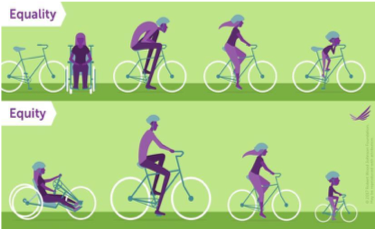
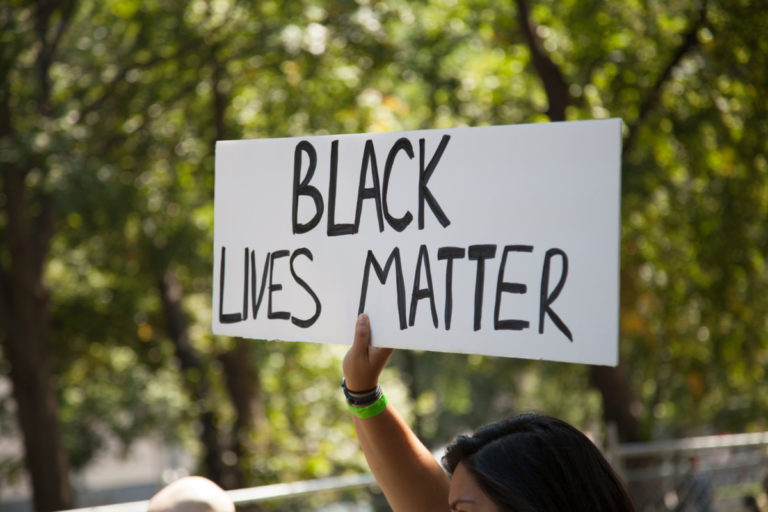
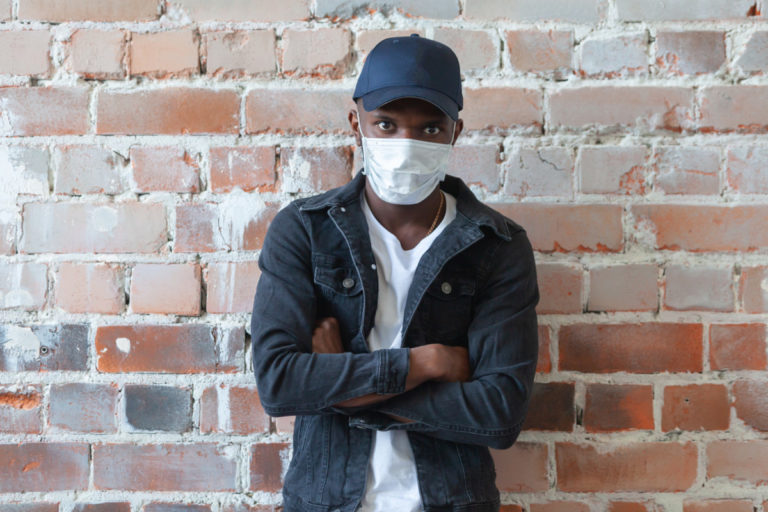






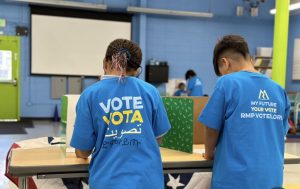
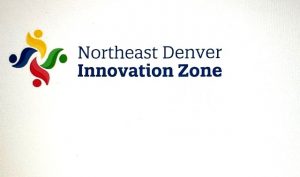
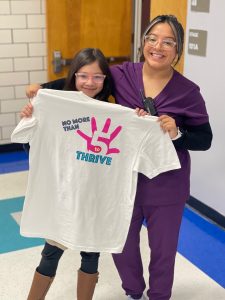
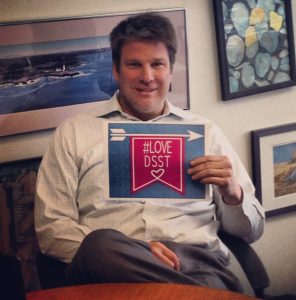
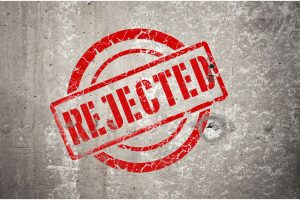
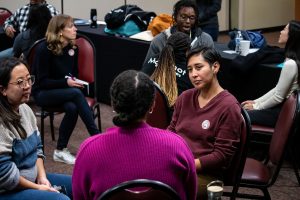
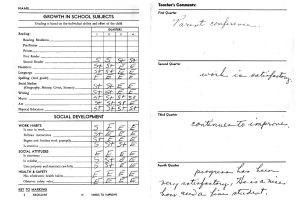
Montessori on Wheels brings education into communities
One of our primary goals with Montessori on Wheels is to help children and families look out their windows and see their communities as spaces for learning and innovation.